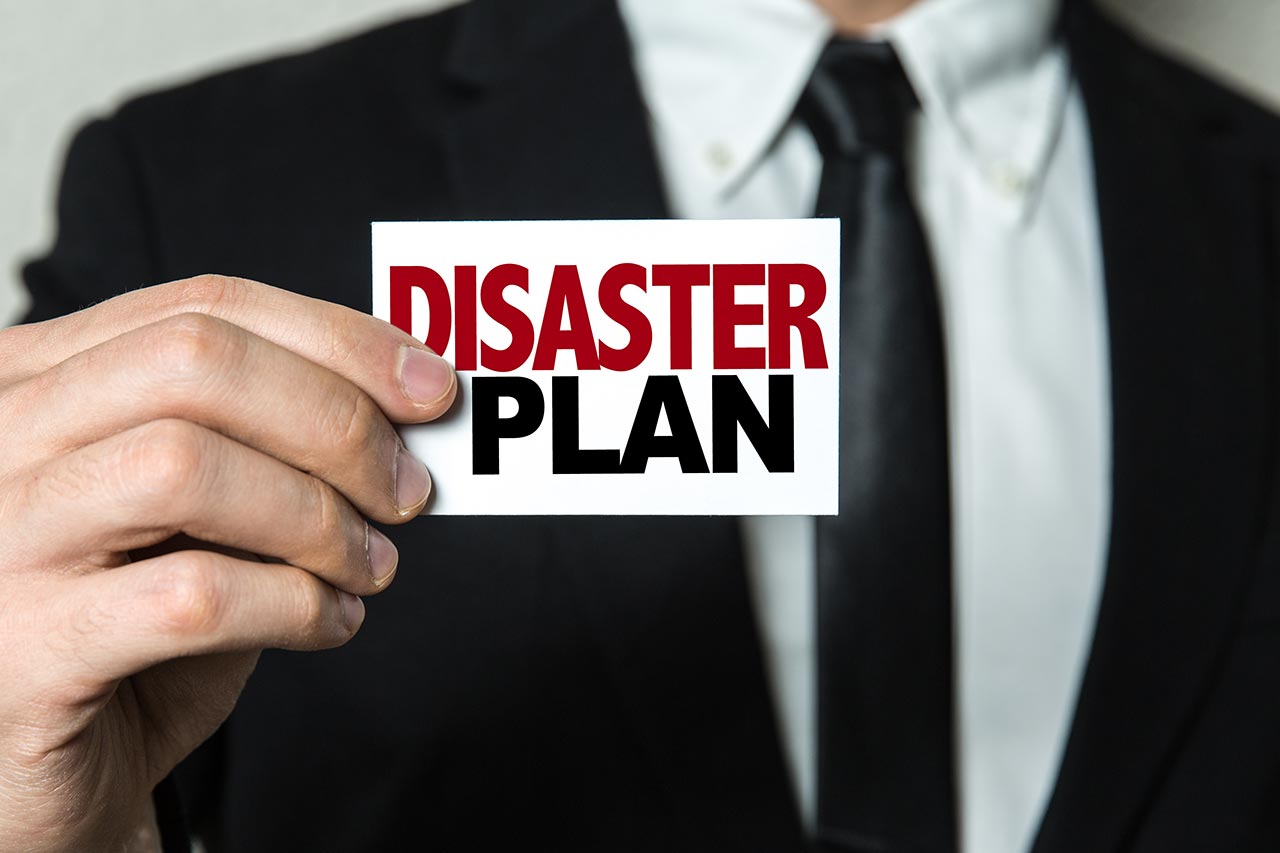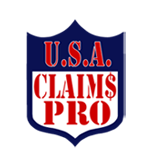
Florida is an area that attracts many people. Whether it’s to enjoy the warm climate or spend time at the ocean Florida has a lot to offer its residents. However, Florida is also known for its thunderstorms, high winds, and hurricanes that can be absolutely devastating to homes and businesses.
Because of the vastly different occurrences from one storm to the next, it can be difficult to say exactly which steps should be taken to prepare for any given storm. Florida is a densely populated area, and when strong winds, thunderstorms, and hurricanes strike Florida residents can experience power outages, fuel deficiency, gridlock, and lack of supplies, additionally senior citizens may find themselves stuck in high rise buildings (due to not being able to use the elevators) without power or a way to get supplies.
When a storm hits people naturally want to get their lives back in order as soon as possible, however, that is oftentimes difficult because there are so many varying factors and no two catastrophes have the same solution.
If you choose to make a high hazard area like Florida your home, then there is an accountability factor to consider. Take the proper steps to ensure that you and your loved ones can stay as safe as possible if a storm does strike. Stock up on nonperishable goods, flashlights, batteries, and have an adequately stocked first aid kit. Do research and learn where the shelters are in your area. It is important to take personal responsibility for your safety if you live in areas that are more prone to storms.
Understand your insurance coverages and what your policy provides. Storms aren’t just inconvenient; they can damage to homes and businesses and completely alter one’s financial state. So you’ll want to make sure that your insurance plan coverages the potential hazards you could face living in Florida.
While developing a personal safety and survival plan may seem daunting it’s crucial, because your safety is first and foremost in your hands. Neither the government nor an insurance company will save you, though they may be there to help with the aftermath. Here are a few pieces of advice to help you stay safe and develop a safety plan.
1) Consider the geographical location of your home or business to determine the relative risks of that particular location, such as if the area is prone to flooding. Take the time to read what is defined as a flood according to the National Flood Insurance Policy if you are living in an area that you think has even the smallest possibility of flooding. Know how to shut off the electricity and gas and where you will go before the water rises to a dangerous level.
2) Create a plan if you need to restart your business or where you will stay if your house is no longer inhabitable. In the invent of a massive and destructive hurricane, repair options could drag on for months or even years (in extremely devastating cases). While none wants to imagine this happening to them it is still a real risk, and the better your planning, the better off you’ll be. Back up any important information you need for your business and have a plan for alternative living arrangements. If you don’t have flood insurance, your options are relatively limited, and the impact of a severe flood could leave you in an unwelcome situation.
3) Get property insurance. Insurance can help you recover from a natural disaster, but remember insurance companies won’t initially give you the best price, but rather the lowest they think they can get away with. For that reason, you’ll want to seriously consider hiring a claims adjuster so you can get the settlement you deserve.
4) Finally, have emergency funds available. While we recognize this is easier said than done having some money in the event of a natural disaster will serve you a lot better than having absolutely nothing.
In the end, people who have a plan are typically better off than those without any plan at all. Depending only on your insurance company or the government is a risky game as they will also be trying to help others and there is no guarantee that they will get to you in a timely manner. Take your safety into your hands and develop a strategy.
